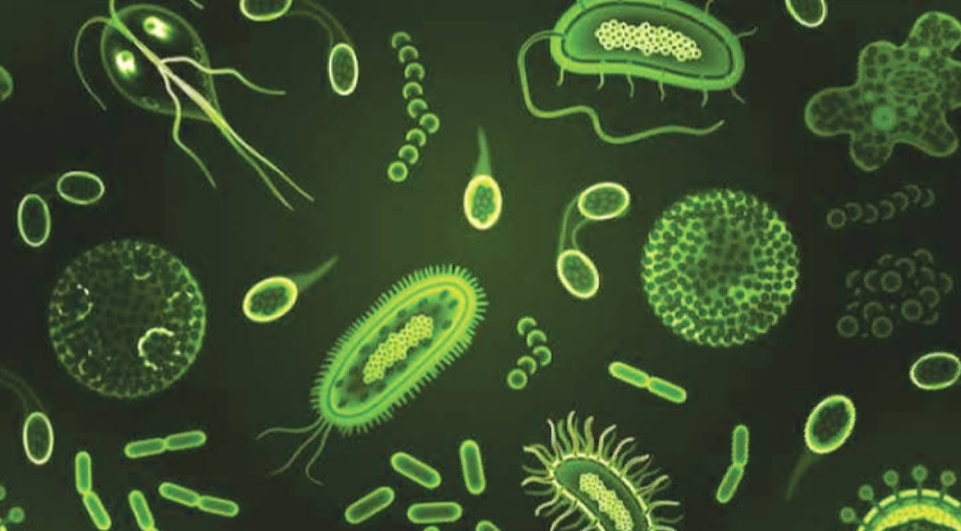Role of Soil Microorganisms in Sustainable Agriculture
“Education is what remains after one has forgotten what one has learned In school”
-Albert Einstein
As the entire education system follows online mode, our institution arranged for a webinar on ‘Role of Microorganisms in Sustainable Agriculture’. The guest speaker is Dr.Periyasamy Panneerselvam who is a Principal Scientist of Agricultural Microbiology at National Rice Research Institute, Cuttack.This webinar was arranged by our Assistant Professor of Microbiology Dr.M.Iniyakumar.
Our Principal Dr.B.J. Pandian introduced the guest speaker and started the webinar.

The content of webinar is as follows:
Microbes are essential for sustainable agriculture. Microbes include fungi, bacteria and viruses. Farmers and ranchers often think of it as pests that are destructive to their crops or animals, but many microbes are beneficial. Soil microbes are essential for decomposing organic matter and recycling old plant material.
Sustainable agriculture– type of agriculture that focuses on producing long-term crops and livestock while having minimal effects on the environment. It focuses on maintaining economic stability of farms and help farmers improve quality of life. As year passes the use of chemicals as fertilizers, pesticides etc., keep on increasing. So by practicing sustainable agriculture, use of fertilizers could be reduced which keeps our environment pollution-free.
As India produces large number of agricultural biomass, it is necessary to recycle them for effective usage which can be achieved by microbes. The proper usage of microbial agent, protect the plants from damage or infection. These microbes fix nitrogen from atmosphere and convert it into ammonical form which is readily accepted by plants. Some microbes produces polysaccharides, which is important for soil aggregation process, which improve water holding capacity of soil. Mechanism in which microbes directly involve in plant growth – direct mechanism; mechanism of those involve in plant growth indirectly-indirect mechanism. Rhizosphere competence is much required because some microbes perform well in laboratory condition but fail to perform when introduced in soil. Using biofertilizers reduce the threat imposed to soil.
Soil microbiome-complete set of microbes that can live in soil ecosystems.
Climate change alters the microbial diversity of soil-long term exposure to CO2 reduce AM fungi. Application of AMF inoculum improve grain yield and increase uptake of phosphorus at elevated CO2 concentration. Continuous application of inorganic fertilizers alters bacterial community, for eg-N application alone over 47 years suppressed diazotrophs and cyanobacteria.
Microbial consortium:
Arka microbial consortium-carrier based consortium of beneficial microbes viz.,N fixer, plant growth prmoter for crop production.
Benefits: early seed germination, increased seedling vigour, reduce 25% of N&P fertilizer application, increase in yield of 10-16%.
Arka Actino plus– Streptomyces sp. consortium
Benefits: increases seedling vigour, creating nutrient rich environment in the rhizosphere, revitalizes plant health, reduce fertilizer application, increase yield by 13-20%.
Arka Fermented Cocopeat-substrate for vegetable seedling production in portrays.
Soilless AM Fungal inoculum
Then the session winded up with vote of thanks by Ms.M.Keerthana (III B.Sc.Ag)
This session have given us a wide view and knowledge on soil microorganisms.





